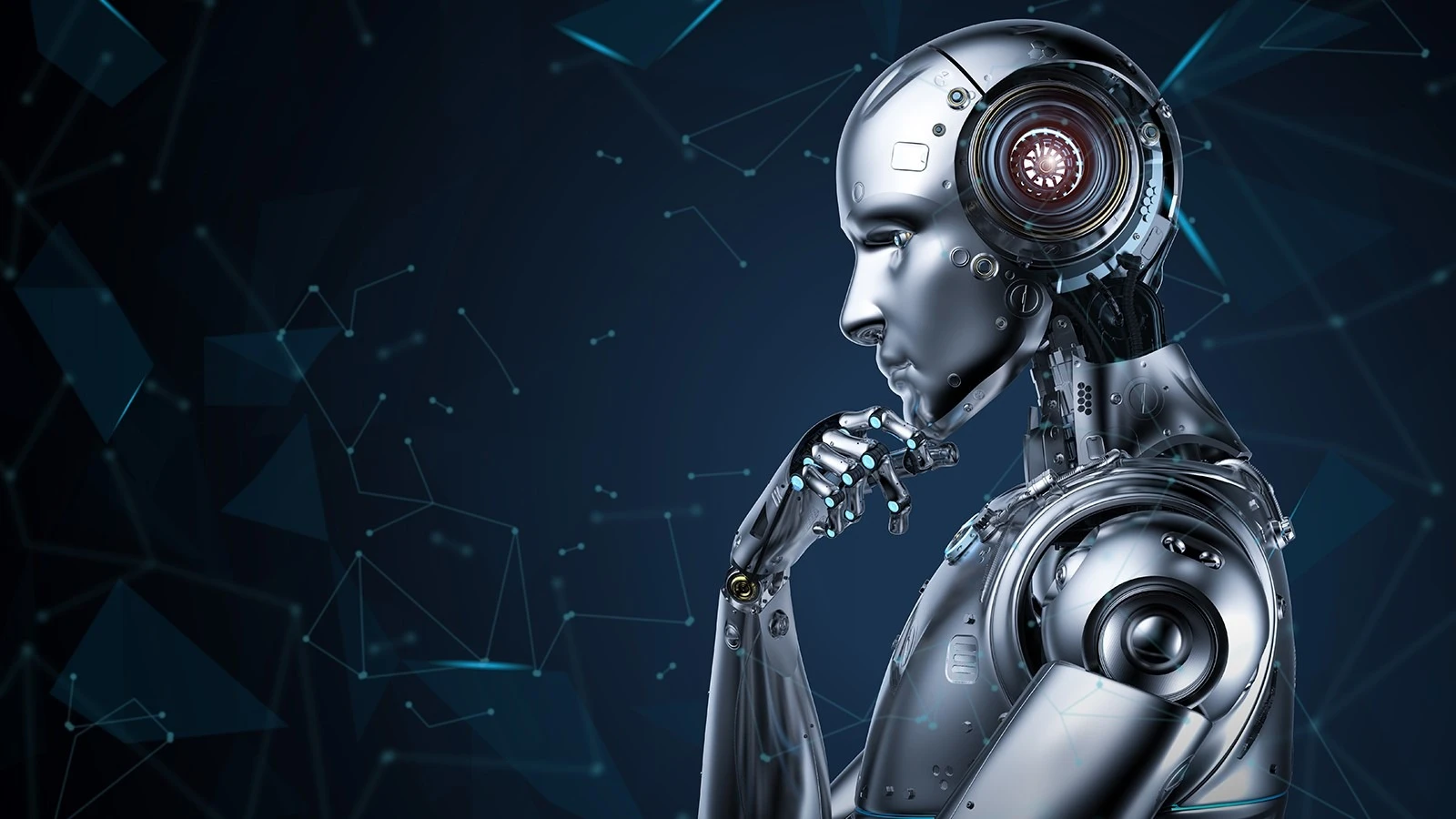Ministry rolling out AI school uses framework

THE government has started to roll out a national artificial intelligence (AI) in the education framework, a top official has indicated.
Timoth Nzumbi, coordinator of outcome 9 of the secondary education quality improvement project (SEQUIP), said at a stakeholders’ training session here yesterday that the step marks a bold step towards integrating emerging technologies into classrooms to revolutionise how pupils learn and how teachers impart knowledge.
The rollout is part of the broader implementation of the national digital education strategy 2024/25 to 2029/30, vital for enhancing learning outcomes, improving teaching quality, and closing digital gaps in secondary schools across the country.
Implementing the AI education framework is rooted in the country’s broader digital transformation agenda, in alignment with the National ICT Policy (2016) and the Education and Training Policy (2014, revised in 2023).
The policy frameworks acknowledge the pivotal role of digital technologies in improving education quality, equipping schools with competitive skills for employment and entrepreneurship, he stated.
The framework introduces AI as a key driver for transforming education delivery by focusing on safe, inclusive, ethical and impactful applications of technology in formal education as a whole.
He said the move positions Tanzania among the first African nations to respond proactively to the 2019 Beijing consensus on AI and education and the African Union's 2024 AI strategy, asking governments to integrate artificial intelligence into education policies to address critical learning challenges.
Tanzania has emerged as one of the leading nations actively implementing the 2019 guidance, aligning its education system with rapid technological advancements to address emerging challenges and close the learning gap in Africa.
The African Union’s 2024 AI strategy also echoes this vision, emphasizing the use of artificial intelligence to promote inclusive and sustainable development across the continent, particularly by expanding access to quality education and improving learning outcomes through technology, he further noted.
“This rollout is a historic shift in our education system. We are equipping teachers not just with ICT skills but also with the tools and understanding to utilise AI for personalised learning, lesson planning and student performance analysis,” he stated.
The framework is anchored in a wide ranging capacity-building campaign targeting secondary school teachers, introducing them to basic AI applications like adaptive learning tools, virtual tutors and data analytics, he said.
Julieth Kiwelu, an ICT trainer at Butimba Teachers’ College in Mwanza, said that teachers are being empowered to harness AI tools that can customise lesson plans based on individual student performance.
They will use AI-generated feedback to improve teaching approaches, support students with disabilities through AI-powered translation and text-to-speech tools, alongside tracking and analysing student learning trends for targeted interventions, she explained.
“We are witnessing the emergence of intelligent classrooms—AI is helping teachers teach better and helping learners grasp content in ways aligned with their abilities,” she further noted.
Michael Mbaziro, an ICT teacher at Kinyanambo secondary school in Iringa, said the training has already begun to reshape how he approaches lesson delivery and student assessment.
“AI has made it easier for us to identify students' strengths and weaknesses in real time. This allows us to personalise instruction, especially for struggling learners, and to save time in lesson preparation,” he stated.
Many students are responding positively to the technology, especially when it comes to interactive learning tools that provide instant feedback and keep them engaged, he said, asserting that the framework also places a strong emphasis on digital ethics, privacy and safety, ensuring that AI tools used in schools protect the personal data of students and teachers.
The coordinator emphasised that the policy requires that AI generated solutions are aligned with national data protection regulations and ethical guidelines, promoting safe and responsible use of technology in learning environments, he said.
The national AI in education framework supports the sustainable development goal number 4, for inclusive and equitable quality education and lifelong learning opportunities for all, he added.
Top Headlines
© 2025 IPPMEDIA.COM. ALL RIGHTS RESERVED






















